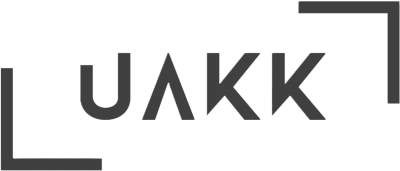Speaker
Description
Open source communities play an essential role in fostering innovation and collaborative development. They operate in knowledge-based ecosystems characterized by transparency, inclusivity and a shared purpose. However, open source communities are often faced with challenges because of inefficient communication, insufficient knowledge sharing and poor requirements elicitation, management, prioritization and traceability. In this regard, our study proposes a business analysis model that is designed to address these challenges and to empower open source communities to succeed in greater collaboration and innovation as a result.
Our proposed model aims to leverage key knowledge areas, tasks and elements of business analysis, aligned with the foundational values of open source, which are upstream first, community, and freedom. It emphasizes the components of (a) stakeholder-centric collaboration (b) integrated knowledge management (c) transparent decision-making (d) freedom, licensing compliance and (e) iterative innovation and feedback loops.
Structured stakeholder engagement is a key component of the model that ensures alignment with community objectives by engaging contributors, maintainers, and users in processes of decision-making. Business analysis knowledge areas take role in facilitating project planning and monitoring, define approaches and milestones, and monitor progress and performance to streamline efforts from community.
Integrated knowledge management is enabled by centralized repositories for documentation that makes the reuse of knowledge assets easier, making onboarding more efficient and accessible for prospective contributors. Business analysis techniques like traceability matrices and prioritization frameworks make sure contributions align with those of larger community goals.
Transparent decision-making is enabled by governance frameworks that provide transparency in prioritizing projects and requirements, enabling dealing with change requests, facilitating fair-share participation and advocating for trust among stakeholders. Business analysis tools and techniques act as facilitators, bridging gaps between developers, users and various stakeholders to ensure alignment with the vision of the community.
Freedom and licensing compliance is ensured by business analysis by meeting adherence to open source principles, including the initiatives to use, study, modify, and distribute product or software. By guiding communities in interpreting and complying with licensing requirements, business analysis help establish contributor guidelines and codes of conduct.
Iterative innovation and feedback loops are important as adaptive frameworks as agile-inspired approaches improve responsiveness to user needs and community feedback, facilitating issue resolution and therefore enabling innovation. Regular feedback loops facilitate continuous improvement and adaptability within open source initiatives.
This model offers significant contributions to both literature and practitioners by bridging the gap between business analysis knowledge area frameworks and the ecosystem mindset of the open source. Unlike models proposed earlier, it integrates structured techniques such as stakeholder mapping, documentation frameworks, and traceability practices into the open source context, addressing the critical challenges of fragmentation and inefficiency.
The proposed model can have broad applications across industries such as software development, telecommunications, and in any branches of various sectors where open source collaboration drives advancements. By advocating shared vision, operational clarity and fair engagement, this approach empowers communities to achieve scalable, innovative solutions while preserving the principles of openness and inclusivity.
| Paper Language | English |
|---|---|
| Contribution Type | In-Person |




